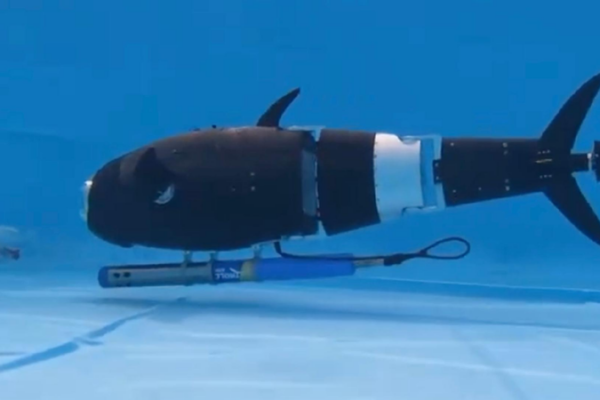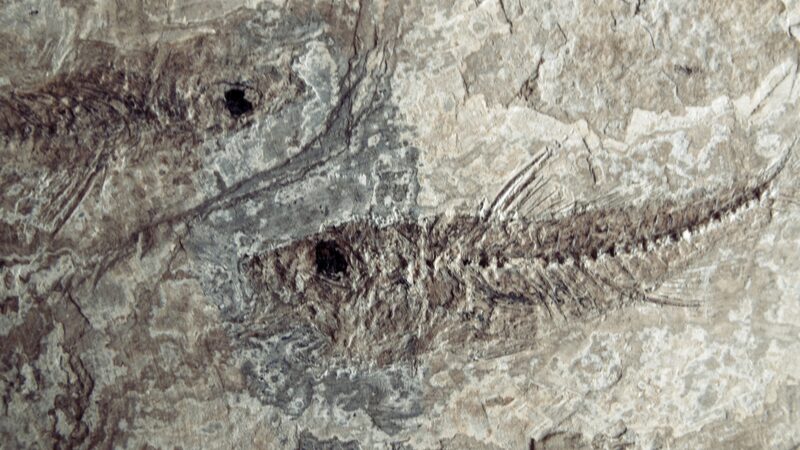Scientists are turning to unexpected sources—fossilized feces and vomit—to piece together how dinosaurs ascended to rule the Earth millions of years ago.
A recent study published in the journal Nature analyzed hundreds of ancient droppings found in Poland. By examining these samples, researchers reconstructed the diets and ecological interactions of creatures from 200 million years ago.
Martin Qvarnstrom from Uppsala University, a co-author of the study, emphasized that dinosaurs’ rise was a gradual process. “It was not a sudden thing,” he explained. The findings suggest that early dinosaurs were opportunistic eaters, consuming insects, fish, plants—essentially anything they could find.
As climate conditions shifted, these adaptable dinosaurs adjusted their diets accordingly. Plant-eating species, for instance, had a diverse palate, enabling them to take advantage of new plant species that emerged with wetter climates.
While the study focused on Polish fossils, Qvarnstrom expressed interest in comparing these findings with fossil records from around the world to see if similar patterns emerge.
Paleobiologist Emma Dunne from the University of Erlangen-Nuremberg, who was not involved in the research, highlighted the importance of studying ancient fecal matter. Although fossilized feces might just look like ordinary rocks, they contain invaluable information. “They hold so much delicate, fine information,” Dunne noted.
By analyzing the contents trapped within these droppings—fish scales, insect fragments, bone shards—scientists gain deeper insights into ancient ecosystems and the dietary habits of long-extinct creatures.
Reference(s):
Fossilized feces and vomit help scientists reconstruct dinosaurs' rise
cgtn.com








